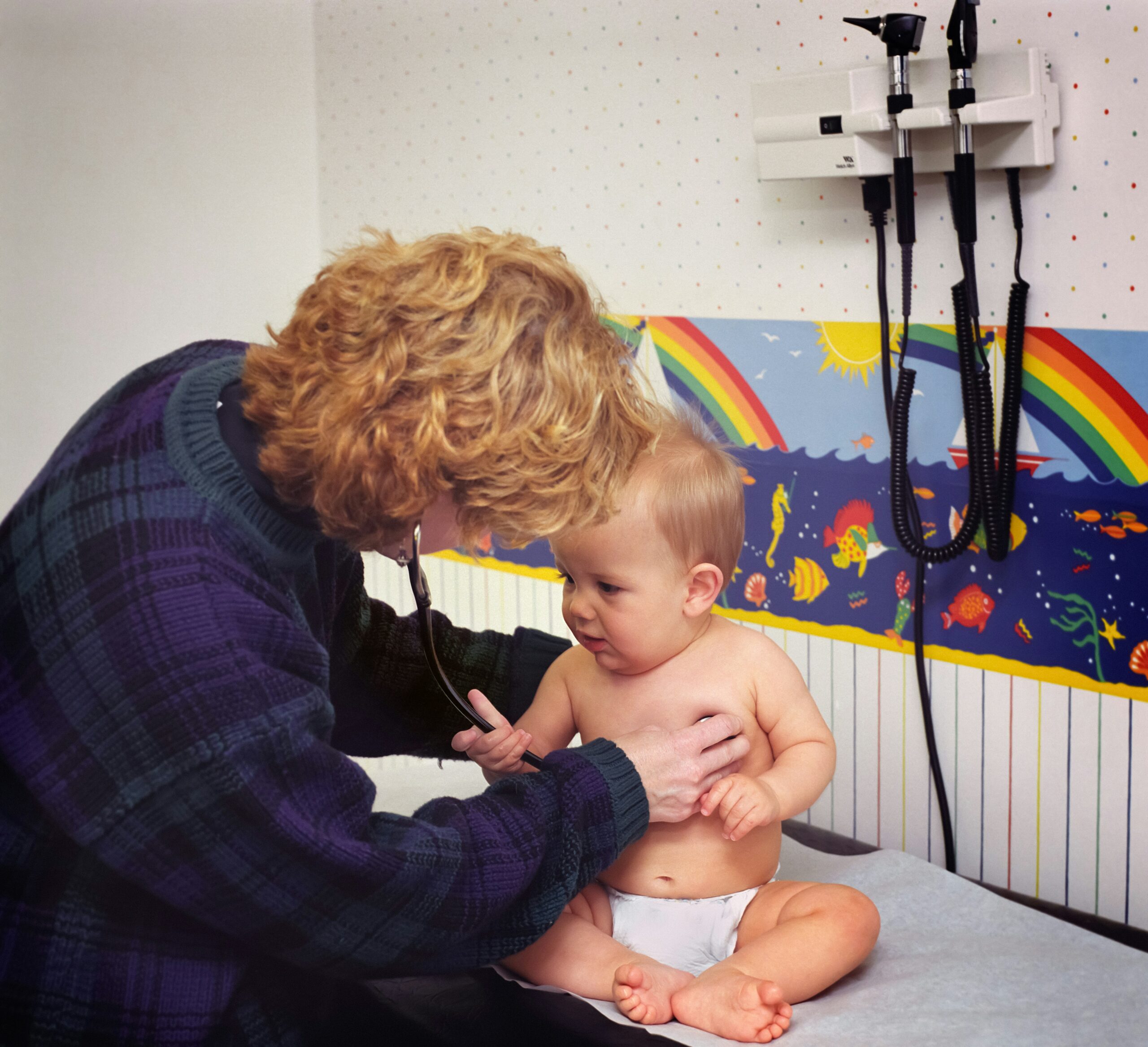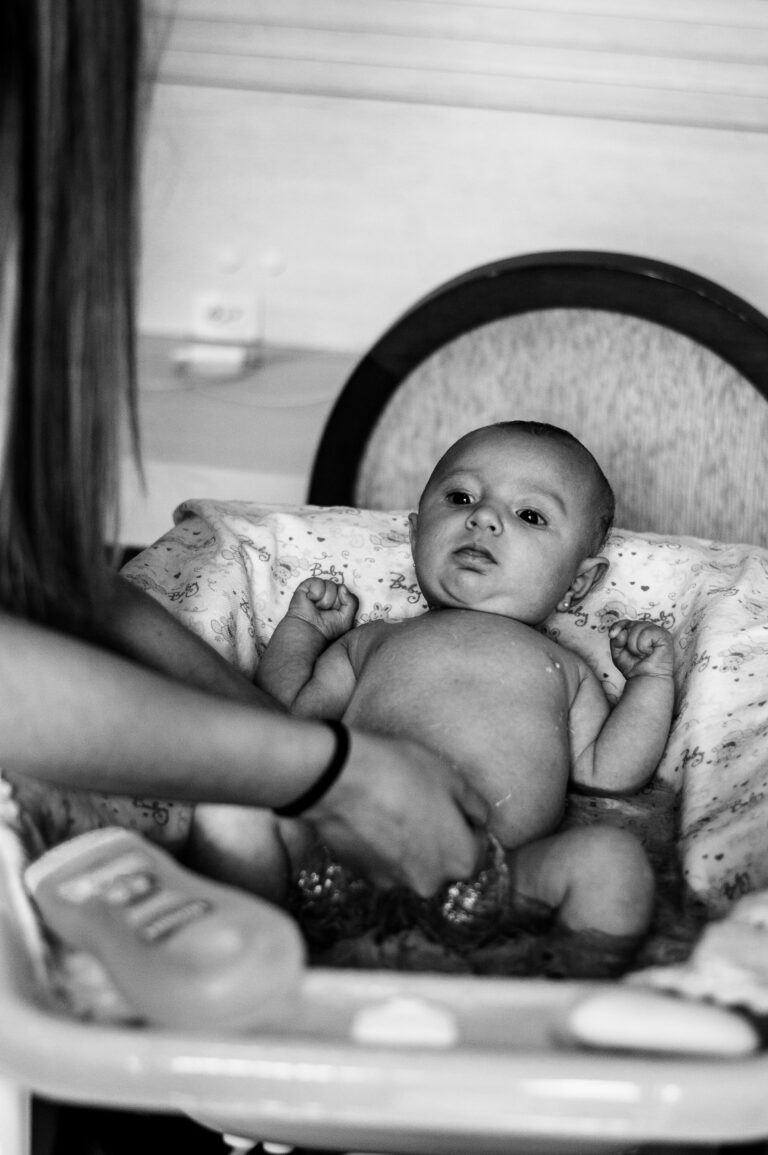When it comes to your child’s health, questions can feel endless. Is that cough normal? Why won’t they sleep through the night? Should this rash worry you—or fade in time? The word “pediatrician” probably springs to mind every time concerns mount or life with children issues its daily surprises. Behind that name lies not just a specialist, but a partner with scientific know-how and a deep understanding of family life. From birth’s first cries to the transformative journey of adolescence, the pediatrician stands steady—balancing medical mastery with a reassuring presence. What can you really expect from a pediatrician? How is their role different from a general practitioner? Here’s what helps parents make confident decisions, find answers, and breathe easier through every sniffle and milestone.
Understanding the Pediatrician’s Role: Beyond Basic Healthcare
What does a pediatrician actually do? Many parents picture yearly check-ups and vaccine appointments, but the scope soars much wider. From the earliest moments, a pediatrician becomes a watchful observer—tracking not just weight and height, but fine motor progress, language acquisition, and social interaction. Growth curves become more than lines on a chart; they serve as windows into overall health. If your child suddenly refuses food, displays recurring fever, or exhibits developmental quirks, the pediatrician acts as a child health specialist—distinguishing harmless fluctuations from the signals that require prompt attention.
Prevention is a recurring theme. At every visit, vaccine schedules, developmental screening, sensory evaluations, and early detection of medical or psychological issues keep families ahead of potential concerns. This proactive stance removes ambiguity from decisions and encourages consistent, evidence-based parenting.
Key Differences: Pediatrician vs. Family Doctor
Wondering if a pediatrician is truly necessary, when a family doctor can provide routine care? While both are licensed medical providers, the pediatrician’s path involves multiple additional years focused solely on children’s health. That training allows for sharp recognition of subtle symptoms unique to young patients—everything from congenital heart murmurs, to disorders of growth, to neurodevelopmental challenges.
A pediatrician expertise reveals itself when typical symptoms don’t follow predictable paths. Has your child’s fever lingered beyond expectations? Is that limp more than playful dramatics? Family doctors guide families through many health questions. Yet for nuanced, unresolved, or complex pediatric concerns, a pediatrician’s perspective is indispensable.
The Science and People Skills of Pediatricians: Precision and Partnership
Are pediatricians just scientists in white coats? Far from it. Alongside their grasp of childhood physiology, they excel in reading not only charts, but children’s cues and parental worries. Building trust through adaptable explanations, a pediatrician anchors interactions in empathy—distilling complex information into accessible, age-appropriate guidance. Whether it’s immunization advice or strategies to improve sleep, every conversation is tailored to support parents without judgment, while empowering them with up-to-date clinical knowledge.
Real life rarely matches textbook expectations. That’s why a pediatrician also attends to a child’s psychosocial environment—navigating issues like sibling rivalry, behavioral outbursts, or transitions (such as entering school). When necessary, they reach out to multidisciplinary teams, drawing on speech therapists, psychologists, and other allied professionals to deliver comprehensive care.
Developmental Guidance and Daily Advice: Trusting the Pediatrician Process
Why so many appointments in the first years? Regular check-ups aren’t just about “catching” illness early. They offer transparent tracking of growth monitoring, head circumference, and cognitive development. Screenings adapt with age—vision and hearing assessments for toddlers, puberty milestones for preteens. These visits become safe spaces for parents to discuss everything from bottle-feeding and weaning to digital device use and emotional regulation.
Consider frequent parent questions. Is my child eating enough? Is this behavior normal? What if my toddler never sleeps? Pediatricians draw on a broad clinical toolbox—delivering nutrition plans, sleep strategies, and practical advice, grounded in scientific literature but flexible for different family routines.
Navigating Illnesses, Emergencies, and Chronic Conditions
When illness strikes, whether it’s an ear infection or something less obvious like persistent stomach pain, a pediatrician becomes the family’s primary anchor. Their rapid clinical evaluation guides diagnosis and treatment—offering reassurance when a virus will pass, and decisive referrals if further investigation is needed. Chronic conditions, such as asthma, diabetes, or atopic dermatitis, demand nuanced management and ongoing follow-up. Pediatricians marshal resources from across disciplines, ensuring care is both targeted and holistic.
Yet emergencies do happen. High fever, convulsions, significant falls, sudden breathing difficulties—these are signals to act without delay. Pediatricians not only direct immediate care but coordinate hospital teams when advanced interventions are needed, keeping parents informed and involved each step of the way.
Emotional Health and Family Dynamics
A child’s wellbeing extends far beyond the physical. Pediatricians screen for early signs of anxiety, depression, language delays, and family stressors. By maintaining ongoing dialogue, they respond quickly when emotional or behavioral symptoms appear, suggesting early interventions and connecting families to psychologists or child psychiatrists when warranted. Their awareness of the distinct emotional rhythms of childhood helps families address issues early, reducing the risk of longer-term complications.
Pediatrician Training and Subspecialties: A Continuum of Expertise
What does it take to become a pediatrician? After foundational medical schooling, extensive additional years are spent in pediatric-specific clinical rotations. These immerse future pediatricians in every aspect of child care—from neonatal intensive care to adolescent medicine. Many pursue further specialization, developing advanced skillsets in areas such as pediatric cardiology, neurology, endocrinology, or infectious diseases. Their journey is never static: continuous professional development ensures they remain aligned with rapidly evolving scientific research and innovative therapeutic approaches.
Interestingly, pediatric medicine is now a field where female pediatricians make up the majority—a shift reflecting the specialty’s emphasis on communication, accessibility, and family support.
Where Pediatricians Practice: Flexibility for Families
Parents often picture private clinics, but pediatricians work in settings as diverse as hospitals, maternity wards, emergency departments, and public health centers. Some split time between several locations to better serve families, especially in areas with limited specialists. In hospitals, pediatricians lead teams addressing complex conditions—whether that’s neonatal care for premature infants or rare disease management in specialized centers.
Telemedicine has multiplied access points. Remote consultations provide quick answers about chronic illness management or everyday developmental questions, saving families time while maintaining expert involvement. While virtual care can’t replace hands-on examination—particularly for infants or acute issues—it adds valuable flexibility to the modern healthcare landscape.
The Digital Shift: Innovations and Modern Challenges
Medicine changes quickly, and pediatrics is no exception. Digitized health records streamline communication between providers. Wearables help monitor chronic conditions from home, while telehealth platforms bring the pediatrician’s advice to the living room. Still, the pediatrician-patient relationship requires genuine connection—a reality that no app or algorithm can fully replicate.
New challenges, such as rising rates of childhood obesity, allergies, and neurodevelopmental disorders, demand not just medical expertise but public health advocacy. Pediatricians actively shape the research, prevention programs, and educational campaigns that address today’s shifting family needs.
Key Takeaways
- A pediatrician serves as much more than a child’s doctor—they are a guide, counselor, and advocate, supporting children’s health from birth through adolescence.
- Regular consultations enable not only early detection of medical conditions but informed, personalized advice for daily parenting challenges, ranging from nutrition and sleep to emotional development.
- Years of focused training equip pediatricians to identify subtle issues, coordinate interdisciplinary teams, and adapt care as children grow.
- Practice settings range from local clinics to major hospitals and telehealth services, all designed to maximize access and family convenience.
- Care from a pediatrician is holistic: comprehensive preventive care, management of acute and chronic illnesses, ongoing developmental and psychological screening, and steadfast parental support.
- The landscape of pediatric medicine is dynamic, with advances in digital health—yet the pediatrician’s personal connection remains central for safe, effective care.
- Navigating childhood brings its share of uncertainty, but resources and professionals are available for guidance.
- For extra support as you navigate your child’s health journey, explore the Heloa app for personalized advice and free health questionnaires.
Choosing the right pediatrician and staying informed brings confidence. Child health, after all, is not just a science—it’s about partnership, trust, and shared discovery.
Questions Parents Ask
What qualifications does a pediatrician have?
A pediatrician is a medical doctor who has completed medical school, followed by several years of additional training focused entirely on the health of infants, children, and adolescents. This specialized education allows them to deeply understand the needs of young patients, from newborns to teenagers. Many pediatricians also stay updated through ongoing professional development, ensuring that their knowledge and skills reflect the latest advances in child health. Rest assured, a pediatrician has the expertise needed to guide families through every stage of childhood.
Can a pediatrician treat all childhood illnesses?
Pediatricians are well-equipped to diagnose and treat a wide variety of conditions that affect children, from common colds and allergies to more complex or rare issues. They are trained to recognize symptoms that may require urgent attention, and they don’t hesitate to refer families to specialists if needed. If ever a situation feels overwhelming or unclear, it’s always a good choice to check in with your pediatrician—they are there to help support you and your child, whatever the concern may be.
How can a pediatrician support parents beyond medical care?
The role of a pediatrician extends far beyond treating illnesses. They offer advice and guidance on growth, nutrition, sleep, behavior, and emotional wellbeing. If you have questions about your child’s social development, learning challenges, or everyday routines, your pediatrician is a caring resource. Their partnership with families helps address both day-to-day worries and longer-term concerns, bringing you reassurance and practical solutions as your child grows.

Further reading:









